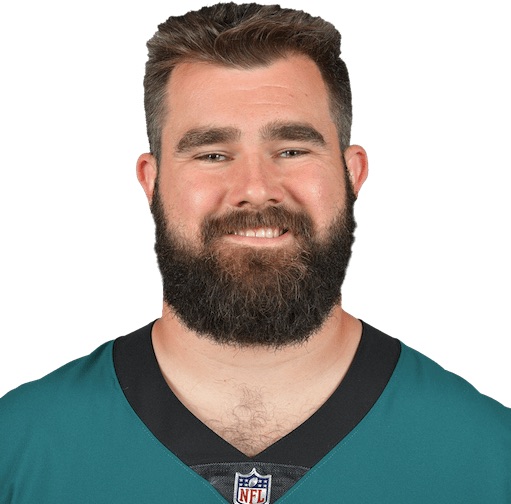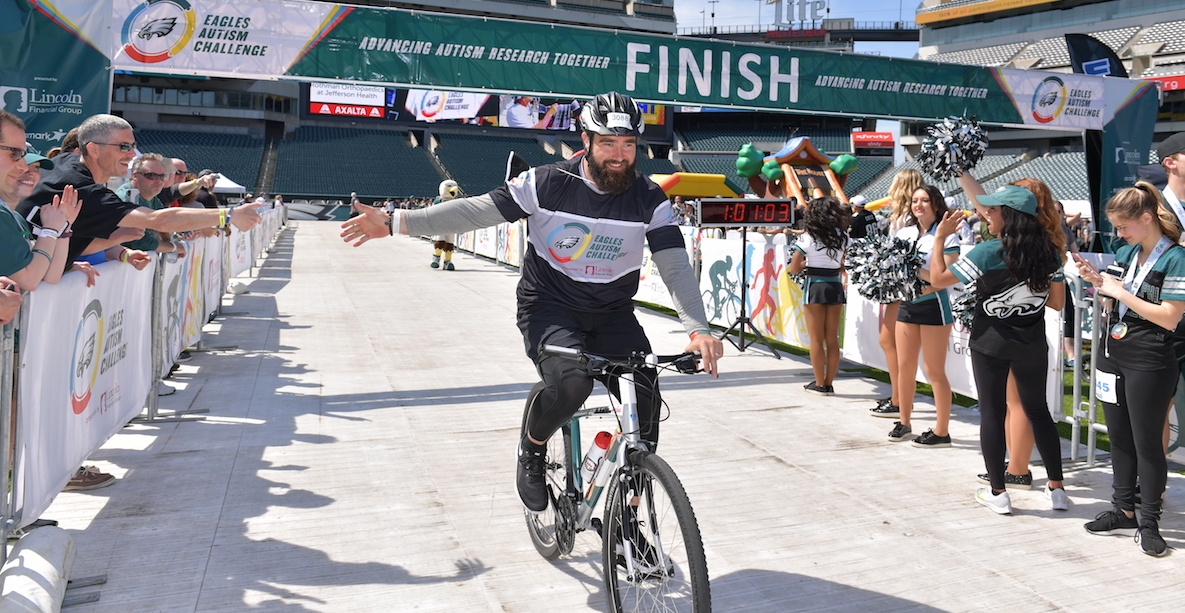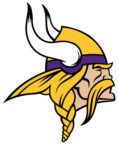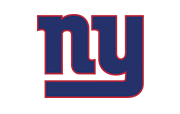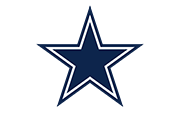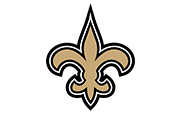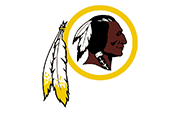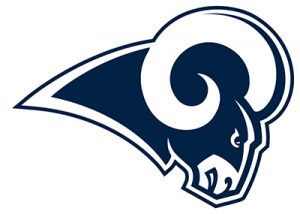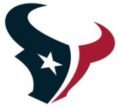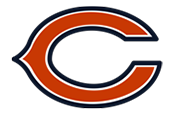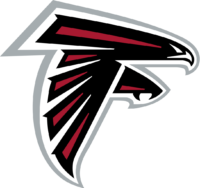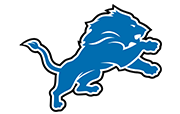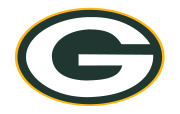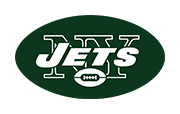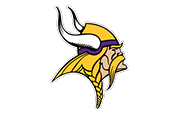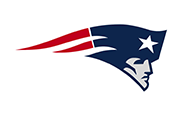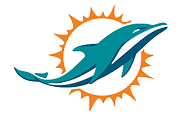Hey, all. As you know, I recently became a proud dad. And among the many amazingly loving things my wife does is take the time to read to our baby girl, Wyatt—in fact, my wife used to read to the baby when she was still pregnant.

Prefer audio? Listen to this story in CitizenCast below:

And even though I (jokingly!) teased her for it, it turns out my wife was on to something. As Children’s Hospital of Philadelphia (CHOP) pediatricians Trude Haecker and Danielle Erkoboni will tell you, there’s now decades of research showing that reading is one of the best things you can do to set a kid up to be a learner in school, and for life.
“Reading and talking and giving a child a book opens a world for them,” Haecker says
I plan to read a lot to Wyatt, and to read a lot in front of her, too, to set that example. As someone who was delayed with reading, and had to use Hooked on Phonics when I was younger, reading is something I really want to stress with my daughter. Although my parents read to me and I love to read now, the fact that I didn’t take a great interest in reading when I was younger really affected my overall speed and efficiency, which then affected my test scores and ability to keep up in classes my whole life. So I’m very conscious about trying to get my daughter interested in reading at a young age.
And that’s just what Haecker and Erkoboni are doing for kids throughout Philly. They oversee the Reach Out and Read program at CHOP; the national program launched 30 years ago, and Haecker brought it to Philly in 1996, making it one of Reach Out and Read’s longest-running chapters. We’re playing the Seahawks this weekend, and out in Washington state, outposts of the program reach nearly 140,000 kids.
The premise of the program is so simple as to be truly brilliant: Starting at six months, CHOP pediatricians at 27 CHOP sites give families a new book at each well visit, up to age five. (After age five, children often, though informally, receive gently-used books.)
“We know from decades of research that the presence of, and engagement around, books is critical for children having success, not just in childhood but beyond,” Erkoboni explains. And the program goes beyond handing out books. “We don’t see ourselves just as a book distribution mechanism, but as a way for families to consider their pediatrician as a space to discuss what is going on, and enforce their child’s early learning.” And so the book is partnered with education from the pediatrician about developmentally-appropriate learning for that child’s age range.
In 23 years, the CHOP program has distributed more than 1.5 million books, and changed the lives of kids, and their families.
Here in Philly, Reach Out and Read has the power to be truly transformative.
“We know that children’s brains grow when they hear more words. And we know that for a variety of different reasons, the stresses that come with some of the disadvantages to some of our families, which they didn’t ask to be brought upon them, can sometimes lead to hearing perhaps less words, or perhaps not hearing language that is as diverse,” Erkoboni says. She particularly loves that handing a book to a family encourages everyone to step away from the screens and technology that pervade our lives today, and really focus on the crucial reciprocal parent-child communication that is so essential to children thriving.
I gotta say, as I’ve been writing about Philly schools this season, I’ve realized that for every problem we can’t fix in the city, there are so many things that any single one of us can do to make a difference. And when it comes to Reach Out and Read, you can be a big help, whether you organize a book drive of gently-used books for CHOP’s older kids, who’ve passed their five-year visit, or make a financial donation, or simply practice the virtues that Haecker and Erkoboni and pediatricians everywhere extoll: “Reading and talking and giving a child a book opens a world for them,” Haecker says.
Her team is fond of giving kids the beloved board book Good Night Philadelphia—which just may be next on our family’s reading list.
Next week, we’re off to Miami, and I’ll tell you about new efforts to support after-school job opportunities for teens.
PS: If you’ve been paying close attention to our charts, you’ll notice that the numbers for Philly are different this week. That’s because we’re focusing solely on traditional public schools and not charter schools to give you an apples-to-apples comparison; in Seattle, charters are operated independently, and not as part of the district.
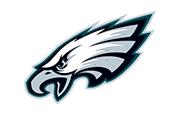
PhiladelphiaEagles |
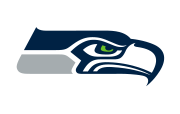
SeattleSeahawks |
|
# of students in traditional public schools
128,102 |
# of students in traditional public schools
53,000 |
|
% graduated high school
69 |
% graduated high school
82 |
|
% population with a BA
26 |
% population with a BA
62 |
|
$ per pupil
15,000 |
$ per pupil
20,000 |
|
% students economically disadvantaged
73 |
% students economically disadvantaged
8 |
|
% students of color of
86 |
% students of color of
53 |
|
% teachers of color
33 |
% teachers of color
20 |
|
# of students in charter schools
72,337 |
# of students in charter schools
1,579 |
|
% special education students
15 |
% special education students
14 |
|
% english language learners
12 |
% english language learners
11 |
Philly Sources: All from School District of Philadelphia except % with a BA from here, and $ per pupil here.
Seattle Sources: All stats provided by the Seattle Public Schools except % with a BA from here, and $ per pupil here.



